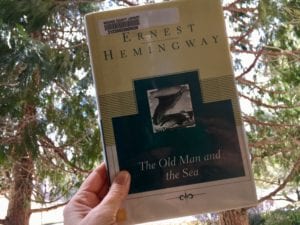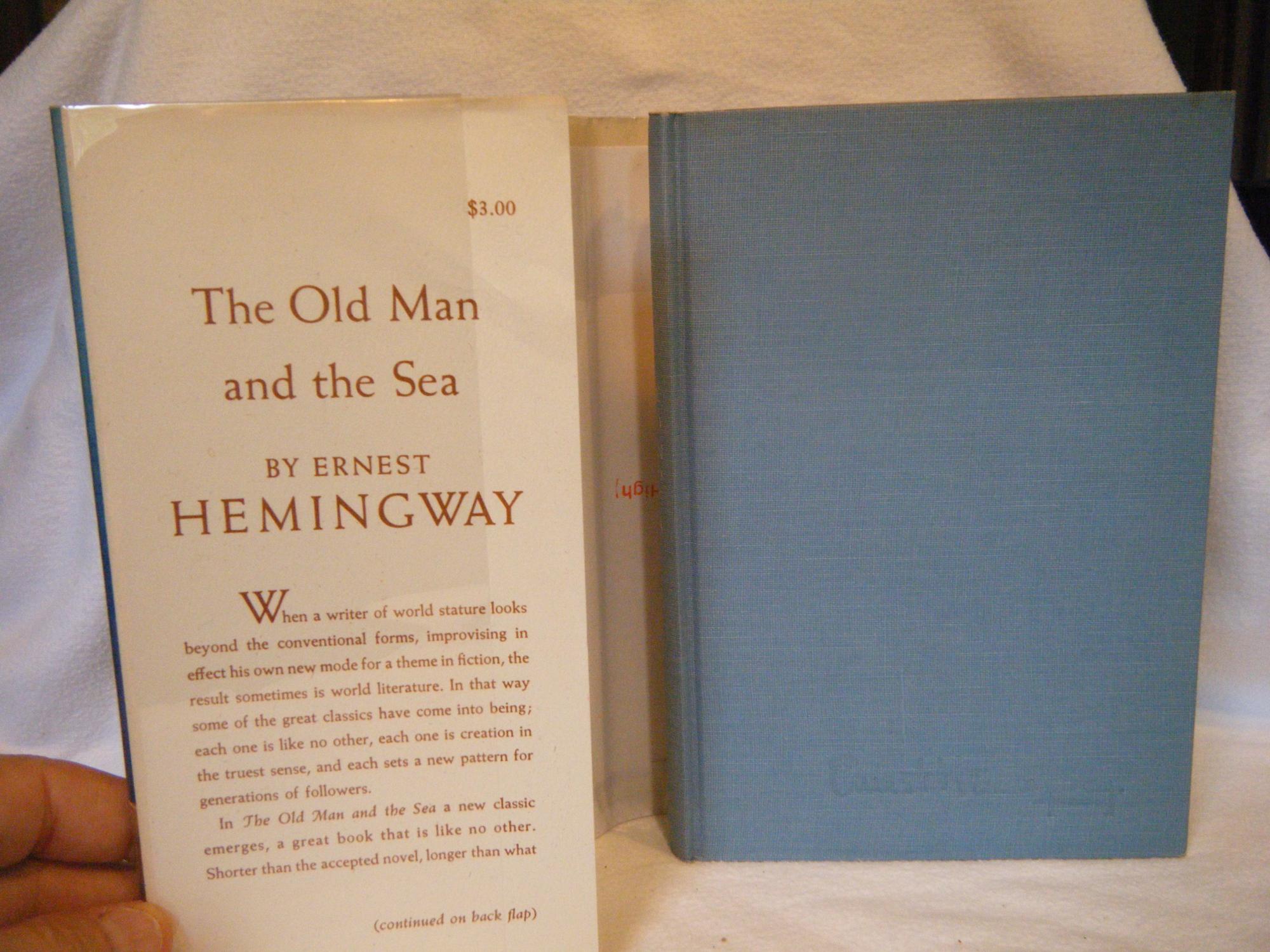

He pities the fish, even loves it, but is still determined to kill it. As the sun goes down, Santiago begins to feel a kind of companionship with the marlin. The marlin pulls Santiago's skiff farther and farther from land. Not long afterward, Santiago feels a hard pull on his line and realizes that a huge marlin has caught his hook.īecause the marlin is so big, however, Santiago cannot pull it in. Finally, in the early afternoon, he catches a ten-pound tuna, which he decides will be his meal for the day.

Santiago rows over the deep well where he has been trying to catch fish for the past week and decides to try his luck farther out. On the morning of the 85th day, Manolin helps Santiago launch his boat into the sea. Early each morning, Santiago walks up the road to Manolin's family's home to wake him up for work.

Every night, Santiago dreams of lions on the beaches of Africa. Manolin cares for the aging Santiago, bringing him food and clothing, and in return Santiago tells Manolin stories about baseball legends and his younger days fishing in a boat off of Africa. His apprentice, Manolin, has been forced by his parents to seek another "luckier" employer, although Manolin continues to help Santiago launch and retrieve his boat from the ocean each day. Although he loses the marlin to sharks, the entire struggle constitutes a spiritual triumph in which Santiago emerges as a Christ figure.On the coast of Cuba near Havana, an old widowed fisherman named Santiago has been unable to catch a fish for 84 days. In his conquest over the marlin, Santiago exhibits exceptional determination and endurance in the face of physical and psychological pain. Other than fishing, Santiago's greatest joys are the time he spends with his former apprentice, Manolin, and the time he spends talking about baseball, and, in particular, his favorite player, the "great DiMaggio." Besides Manolin, Santiago considers his only friends to be the sea, the fish, and the stars. He views his aging body as a kind of betrayer, and fondly remembers his younger days, when he was exceptionally strong and a successful fisherman. Santiago is humble in his dealings with others, yet takes great pride in his work and himself, and is frustrated and embarrassed by his failures.

The protagonist of the novella, Santiago is an elderly widowed Cuban fisherman whose "luck" seems to have run out-he hasn't caught anything in 84 days.


 0 kommentar(er)
0 kommentar(er)
